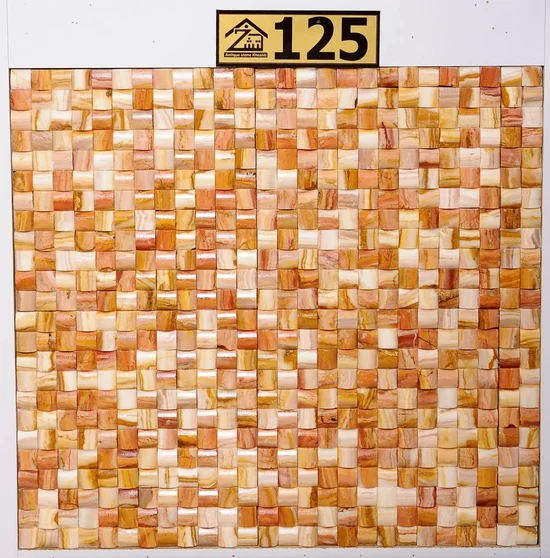Cladding stone thickness plays a crucial role in the overall design and functionality of exterior or interior wall cladding. It not only contributes to the aesthetic appeal but also influences the structural integrity and performance of the building. Understanding the importance of cladding stone thickness is essential when selecting the appropriate materials for your project.
The thickness of cladding stones can vary significantly, ranging from 1.2 cm to 2 cm. Thinner cladding stones are good options for lightweight applications where weight and cost considerations are important. They are ideal for adding a decorative touch to the façade without compromising the structural load-bearing capacity of the building.
On the other hand, thicker cladding stones offer increased durability, insulation, and weather resistance. They provide enhanced protection against external elements, making them suitable for areas with harsh climate conditions. The added thickness can also improve the thermal performance of the building. This will contribute to energy efficiency and reduce heating or cooling costs.
When determining the appropriate cladding stone thickness, several factors come into play. Firstly, the desired design and architectural style of the building should be considered. Thicker stones may be preferred for projects aiming for a more substantial and robust appearance, while thinner stones can create a sleek and modern aesthetic.
Climate conditions also play a significant role in the choice of cladding stone thickness. In regions with extreme temperatures or high wind loads, thicker stones can provide better insulation and protection against the elements. Additionally, thicker cladding stones can offer improved sound insulation, making them suitable for buildings located in noisy urban areas.
The type of building is another crucial factor to consider. For commercial structures or high-rise buildings, where safety and durability are paramount, it is better to employ thicker cladding stones. Residential projects, on the other hand, might benefit from a combination of thin and thick cladding stones, depending on the specific requirements of each area.
In conclusion, cladding stone thickness is a vital consideration in both the aesthetic and functional aspects of wall cladding. The choice between thin veneers and thicker panels depends on factors such as the desired design, climate conditions, and the type of building. By carefully evaluating these factors, you can select the ideal cladding stone thickness that will enhance the beauty, durability, and performance of your project.

